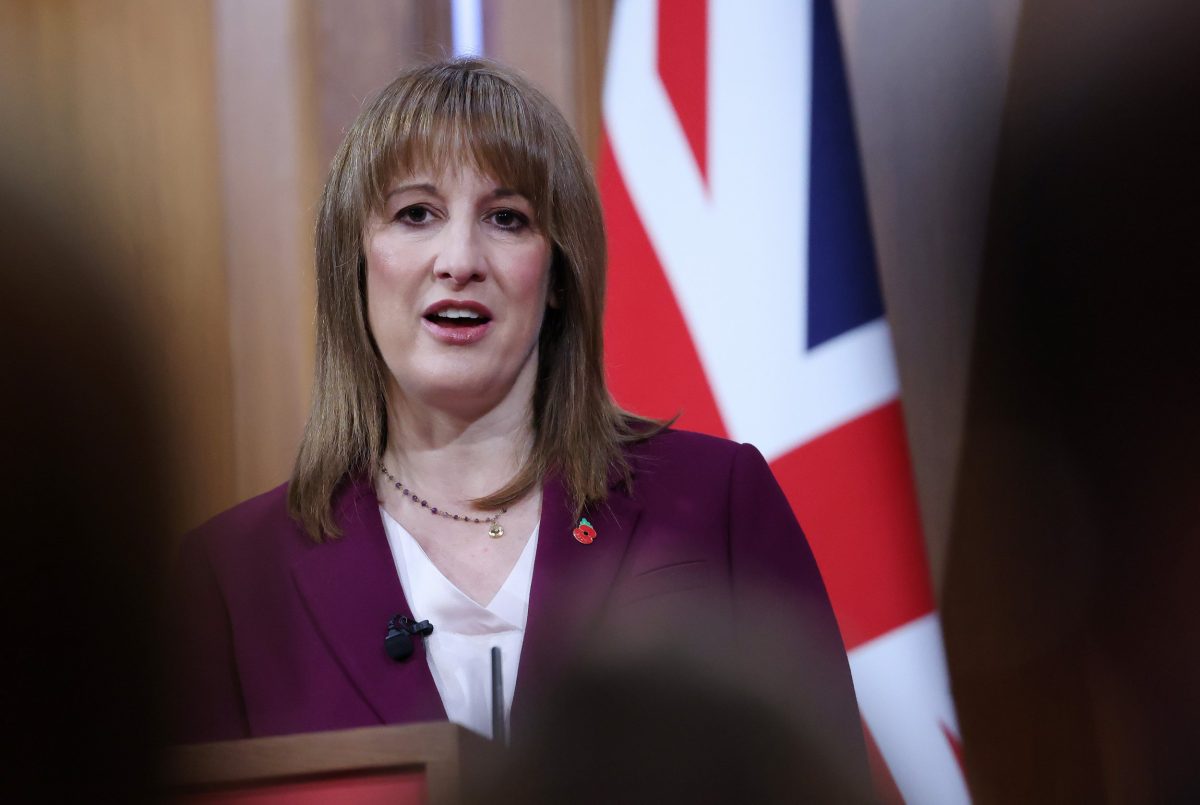
A freeze on tax thresholds is increasingly pulling pensioners and those on the minimum wage into the tax net, a leading think-tank has warned. This measure, often dubbed a "stealth tax," is projected to result in every recipient of the new state pension paying income tax by 2027, according to the Institute for Fiscal Studies (IFS).
The majority of income tax and National Insurance contribution thresholds were frozen by the previous Conservative government in April 2023. This freeze is currently scheduled to remain in place until 2028.
While the Shadow Chancellor, Rachel Reeves, indicated last year that she would not extend this freeze, asserting it would "hurt working people," a significant shift in this stance is widely anticipated in the upcoming Budget. This potential U-turn is attributed to the challenging state of the nation's finances.
How Threshold Freezes Generate Government Revenue
Freezing tax thresholds is a mechanism for governments to increase tax revenue. As inflation and wage growth continue, more individuals are naturally pushed into higher tax brackets or above the personal allowance threshold. This means that even if their income hasn't significantly increased in real terms, they end up paying more tax.
The IFS has conducted new analysis suggesting that if the threshold freeze were extended by an additional two years, running until April 2030, it could generate an extra £8.3 billion in that year alone.
The Growing Impact on Taxpayers
The think-tank highlights that the freeze has already had a substantial impact on who is liable to pay tax and at what rates. A stark example is the full new state pension. For the first time in history, it is predicted to surpass the income tax personal allowance threshold in 2027.
In the 2022-23 tax year, just under half of those receiving the full new state pension were required to pay tax on their income. However, this figure is expected to climb to 100 per cent by the 2027-28 tax year.
Minimum Wage Earners Also Affected
It's not just pensioners feeling the pinch. More workers on the minimum wage are also being drawn into paying income tax as a direct consequence of the frozen thresholds. As wages rise incrementally to meet the minimum wage requirements, they can creep over the tax allowance, forcing even those on the lowest incomes to contribute.
Government Response and Support Measures
A Treasury spokesperson commented on the freeze, stating: "We will deliver a Budget that boosts growth and cuts the cost of living, having already delivered a record rise to the national minimum wage and national living wage, extended the £3 bus fare cap, and expanded free school meals, breakfast clubs and free childcare."
The spokesperson further emphasised the government's commitment to pensioners, adding: "Thanks to our commitment to the triple lock, 12 million pensioners will get an increase of up to £470 a year and our efforts to boost Pension Credit take-up mean that over 57,000 extra pensioner households were awarded the benefit, worth on average £4,300 a year."
Key Takeaways from the IFS Analysis:
- Pensioners Facing Increased Tax Burden: By 2027, all recipients of the new state pension are expected to pay income tax.
- Stealth Tax Impact: The freeze on thresholds acts as a form of "stealth tax," increasing government revenue without explicit tax rate hikes.
- Minimum Wage Earners Affected: Individuals earning the minimum wage are increasingly falling into the income tax bracket.
- Significant Revenue Generation: Extending the freeze to April 2030 could raise an additional £8.3 billion in that year.
- Historical Shift: The full new state pension exceeding the personal allowance for the first time marks a significant change in the tax landscape for retirees.


No comments:
Post a Comment